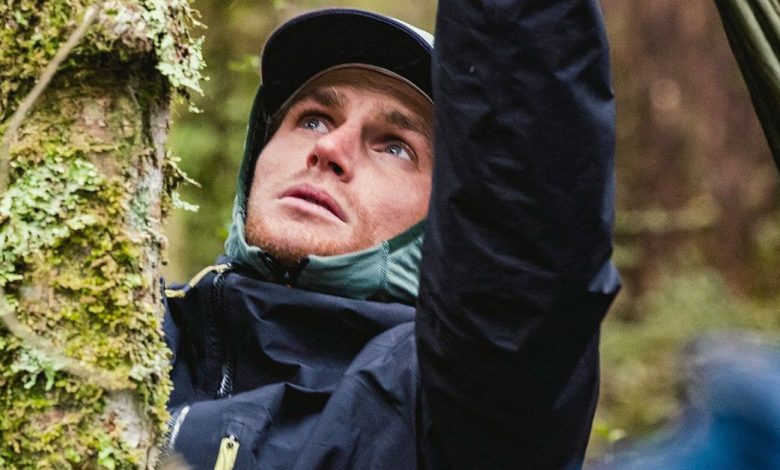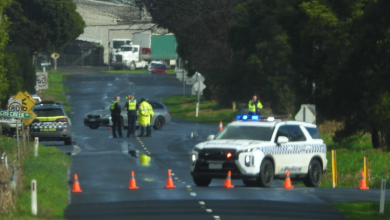US reality show contestant killed, ate rare bird in New Zealand

Spencer “Corry” Jones, an American white water river guide, killed and ate the large, flightless weka during filming of “Race to Survive: New Zealand” last fall, CNN affiliate RNZ reported Tuesday.
The weka, named on the International Union for Conservation of Nature’s red list of threatened species, is protected in mainland New Zealand, where the penalty for killing one is a prison sentence of up to two years or a fine of nearly US$60,000 ($91,680).

“Race to Survive” pits nine teams of two contestants in a 150-mile (240km) race across New Zealand’s harsh terrain, in which they must find their own food and water to compete for a US$500,000 ($764,006) prize, according to USA Network, which airs the show.
In a clip from the show, Jones apologises and says he knew eating the weka was against the law, but he was desperate and hungry, RNZ reported.
Jones and his teammate Oliver Dev were disqualified after the incident.
CNN has reached out to Jones for comment.

New Zealand’s Department of Conservation said following an investigation it had issued written warnings to Jones and the show’s producers – but stopped short of tougher action.
“The unique set of circumstances – cast members were fatigued and suffering from significant hunger, in an unusual group dynamic situation – meant we felt a warning letter was prudent,” said Dylan Swain, the department’s team lead for investigations.
“Nonetheless, killing and eating a native protected species in this matter is unacceptable and the company is ‘on notice’ about the need for its program participants to adhere to conservation legislation.”

Ultra-rare walking fish hatches eggs crucial in fight against extinction
The weka has a “famously feisty and curious” personality, according to the department, and is known for its loud “coo-et” call, which is presented as a duet, with the male taking on the lower, slower part.
“Weka are usually heard, not seen,” the department says on its website.
Once widespread, its populations now fluctuate depending on food conditions, which had led to the bird’s legal protection in mainland New Zealand. The harvest of weka is legal on some of the country’s surrounding islands.
Swain said the producers of “Race to Survive” had a permit to film on public conservation land and were aware that protected species and plants could not be harvested or eaten.
In a statement, “Race to Survive” production said it alerted authorities as soon as they became aware of the weka incident.
“Contestants were all thoroughly briefed ahead of time, and reminded throughout the competition, of all of New Zealand’s wildlife rules and guidelines,” its statement said.
“It was determined that a contestant did in fact violate a rule, so appropriate action was taken, and the team was disqualified from the competition.”
Jones and Dev were favored to win before they were pulled off the course, according to USA Network.
New Zealand has a plethora of unique flora and fauna due to its long geological isolation from the supercontinent Gondwana, according to independent conservation organisation Forest and Bird.
This long isolation and the absence of mammalian predators means many native species are defenseless against attack – including flightless birds like the weka.




